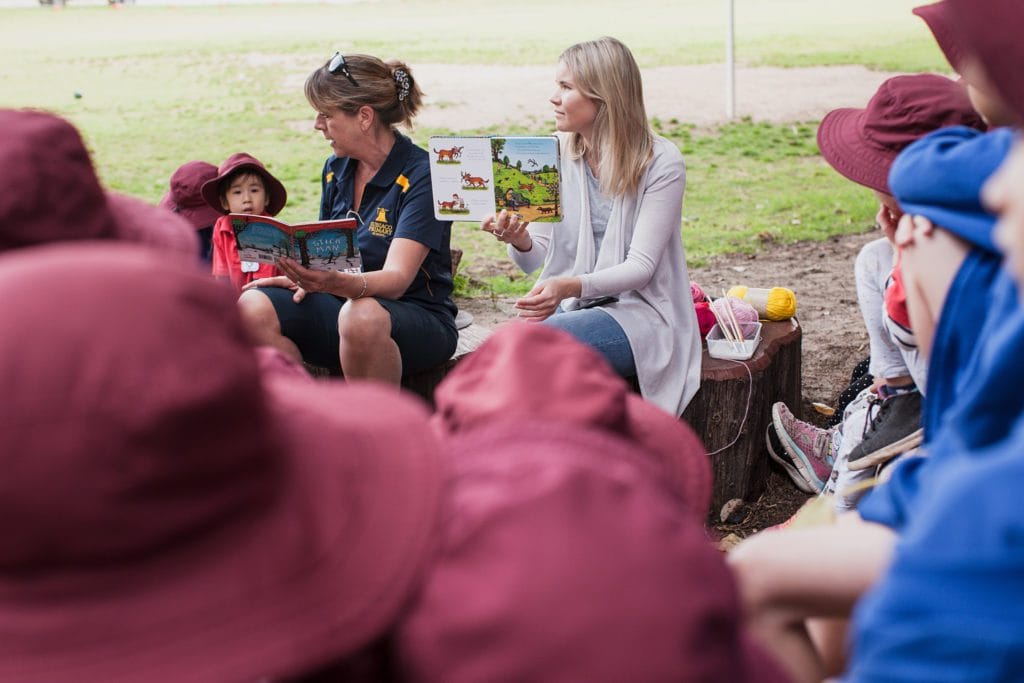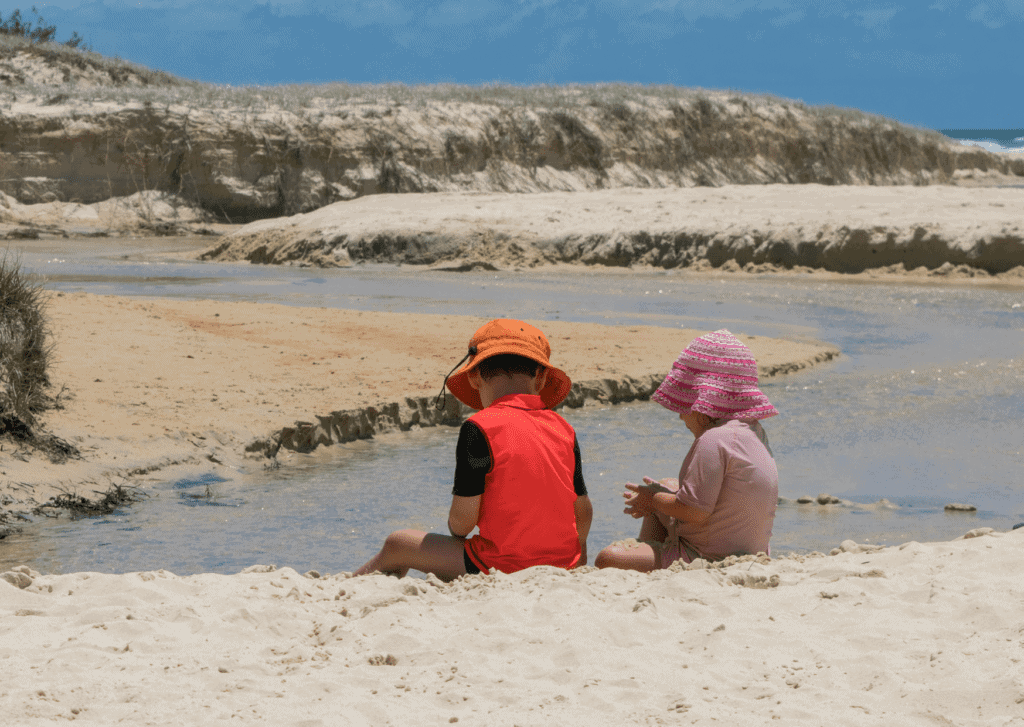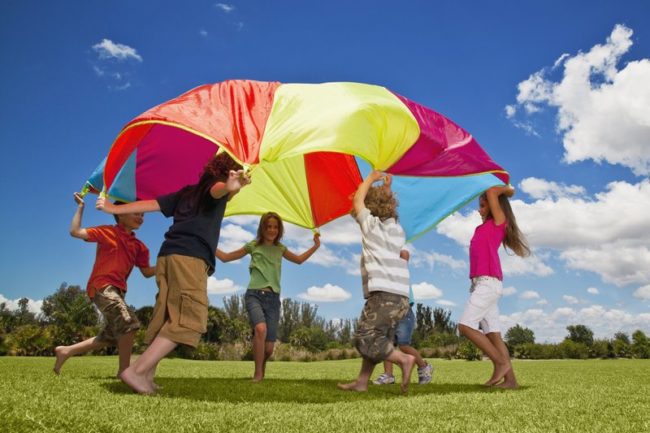Higher parental stress linked to low screen-time enforcement, research finds
When parents are under stress, household rules about screen time often get abandoned, new University of Guelph research finds. A first of its kind in Canada, the study found parents of young children reporting high levels of life or parenting stress were less likely to monitor and limit their kids’ screen use and more likely […]
Higher parental stress linked to low screen-time enforcement, research finds Read More »









